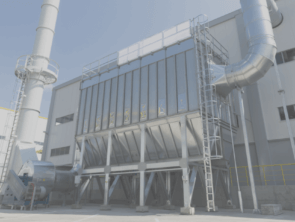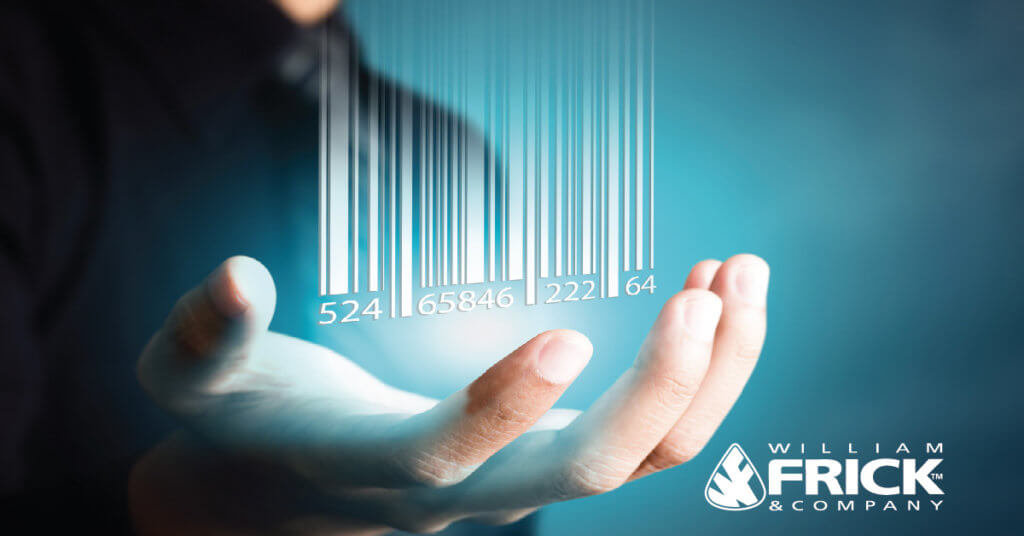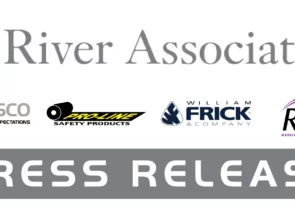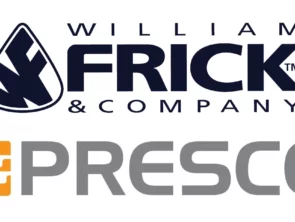
Top Benefits of Domed Labels: Durable & Attention Grabbing
Domed labels feature a robust barrier against various elements while enhancing the visual appearance of your graphic with their polyurethane dome.

What are barcode labels?
Barcode labels are often attached to a particular item with a barcode sequencing that is unique to that product, service, or facility’s needs. Barcode labels supply crucial data for the monitoring of goods and services as well as recognizing shipment details, order information, and general order tracking during transit. There are many different variations of barcode labels, but they all can be easily scanned and provide consumers with complete product visibility. Some barcode labels are affixed by way of super adhesive backing, while others are made from metal for extreme durability and abrasion resistance. The world of barcode labels is vast, and so are the industries that utilize their many benefits.
How do Barcode Labels work?
There are very few places that you can go these days that do not have items for sale with barcodes. Barcode labels are used throughout many industries to provide quick, up-to-date information at the wave of a hand. The bars and spaces that comprise the barcode’s unique identifier on the label contain specific data related to the item it is attached to, such as price, availability, logistics, patient information, etc. Once an item is scanned with a barcode reader, the information is conveyed to a POS (Point of Sale) or asset tracking system that relays the receiver all the available data on that product being scanned.
What are the benefits of barcode labels?
Accuracy– Any company, warehouse, or other facilities that rely on the human touch to input data, is at significant risk for information errors. To put this into perspective, on average, people make at least 1 error within every 300 characters they write, which means they are making about 18 mistakes each hour.
Safety– Imagine being in the medical field and facilitating hundreds of blood samples each day. Keeping track of that many patients and multiple vials of blood would be completely unmanageable without barcoding, not to mention unsafe. By attaching cryogenic labels to blood vials, a patient’s blood type, draw date, etc., can be immediately accessed by medical staff to ensure patient safety.
Security– According to a study by Statistic Brain, employee theft is costing U.S businesses $50 billion annually. What is even more surprising is that 75% of employees admit that they have stolen at least one time from an employer. By adding barcode labels such as these multilayer holographic security seals to your high-end products, you can add an extra layer of security to your bottom line.
Efficiencies– Whether it is logistics, inventory tracking, availability, location, or simply maintaining accurate historical data, barcoding labels and systems are ideal for increasing productivity and leveraging resources effectively. In addition, having a bird’s eye view of the details of your asset eliminates unnecessary time expenditures on menial tasks such as manual data collection, audits, and reorders.
Industries utilizing barcode labels
Retail- Barcode labels in the retail industry are imperative to keeping track of inventory, availability, and pricing. You will be hard-pressed to find a retail outlet that isn’t using barcode labels for quick, error-free data transmission to their POS (Point of Sales) systems.
Warehousing- Warehouse labelsare necessary for eliminating errors that arise from manual inventory processes. By applying these barcode labels, employees have immediate access to inventory identity, item location, aisle, packing requirements, and shipping locations. By taking the guesswork out of the scenario, you can increase efficiencies and reduce human error.
Hospitals- As mentioned earlier, barcode labels are a critical resource for the medical industry. With the ability to label blood vials, patient medications, and medical packages with vital information, miscommunicated data is eliminated, and patient safety is a priority.
Banking- Barcoding is used across financial institutions globally.Whether it is for mobile banking, loan documentation processing, asset tracking, trust documents, and so much more, by using barcoding labels to streamline these financial processes, you can reduce the risk of fraudulent activities and put client relationships first and foremost.
Transportation– One of barcoding’s most significant accomplishments is within the shipping and logistics sector. Shipping times, load planning, scheduling routes, and consistency are the key to successfully optimizing your shipping processes. All of these practices can be easily accommodated by investing in a simple barcoding labeling system.
Barcode labels are a necessary means by which businesses can effectively manage time, assets, theft rates, and so much more. To find out more about how barcode labels can give your company the cutting edge, visit us at www.fricknet.com.

Domed labels feature a robust barrier against various elements while enhancing the visual appearance of your graphic with their polyurethane dome.

Presco Polymers Opco, Inc. (“Presco”) announced the formation of “Trident Solutions” to better represent its expanded portfolio of companies. The recent acquisition of Pro-line Safety

We are very pleased to announce that on Tuesday, December 22 William Frick & Company (WFCo) was acquired by Presco.
Reader Interactions